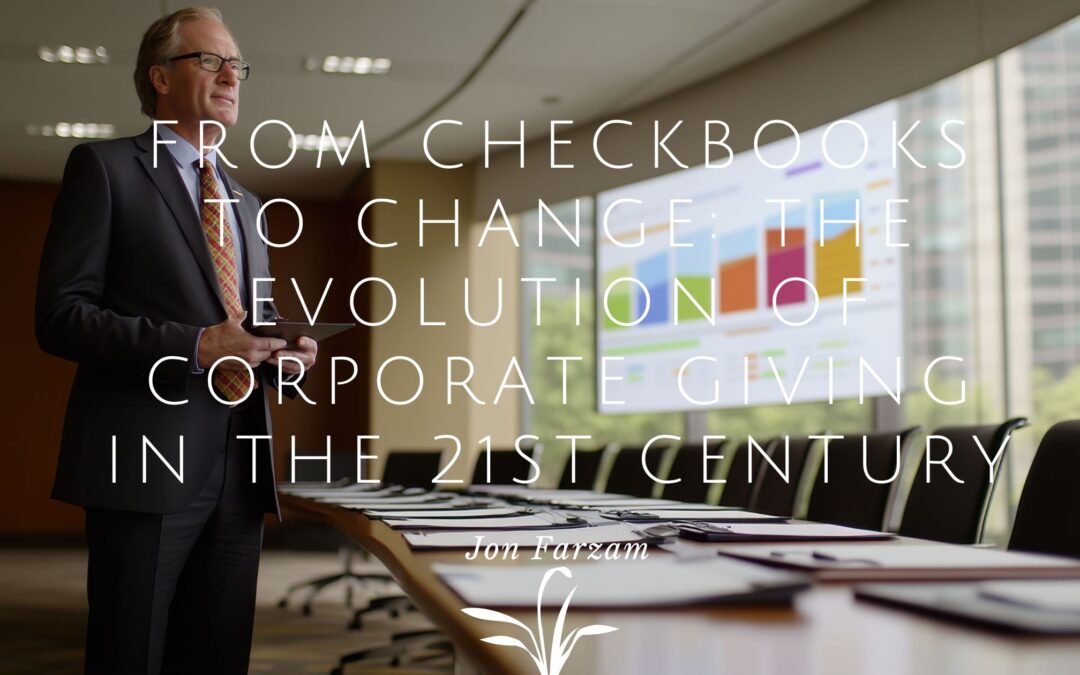Corporate philanthropy has evolved dramatically from the days of ceremonial donations and tax deductions. Today, businesses are stepping into a new era of impact-driven giving, where success is measured not just in revenue, but in relevance.
1. The Shift from Giving to Doing
Traditional philanthropy often involved companies donating a portion of profits at year’s end. While well-intentioned, this approach kept social impact separate from the company’s core mission.
In contrast, modern corporate giving is proactive and participatory. Companies are leveraging their resources — people, products, technology, and platforms — to tackle issues ranging from inequality to sustainability.
Take Google.org, for instance, which empowers employees to spend time developing scalable tech solutions for global problems. This isn’t a one-off donation; it’s applied innovation for social good.
2. The Rise of the Social Enterprise
A new wave of businesses, known as social enterprises, blurs the line between business and philanthropy. These companies embed their social mission into their revenue models — think of Warby Parker’s “Buy a Pair, Give a Pair” program or Bombas’ one-for-one donation structure.
By turning impact into a business driver, these organizations prove that doing good and doing well are not mutually exclusive.
3. Measuring Impact, Not Just Intent
One of the biggest changes in modern philanthropy is the demand for accountability. It’s not enough to donate — businesses must now demonstrate measurable outcomes.
Tools like ESG reporting, impact metrics, and social return on investment (SROI) analyses allow companies to quantify how their giving translates into real-world change. This transparency builds trust with stakeholders and ensures philanthropic efforts create tangible results.
4. The Employee Factor
Employees are now the heartbeat of corporate philanthropy. Forward-thinking organizations offer paid volunteer time, matching donations, and internal “impact days.” These initiatives foster a culture of belonging and shared purpose, which in turn drives engagement and productivity.
Millennials and Gen Z, in particular, seek employers whose values align with their own. A strong philanthropic ethos can therefore be a competitive advantage in talent acquisition and retention.
5. The New Corporate Legacy
Philanthropy is no longer an afterthought — it’s part of a brand’s legacy. In the digital age, where consumers demand authenticity and transparency, companies that act with empathy earn loyalty and longevity.
As we move further into the 21st century, the most respected corporations won’t be those that simply write big checks, but those that write lasting change into their business models.
The new motto for modern business? Don’t just give — lead with purpose.

